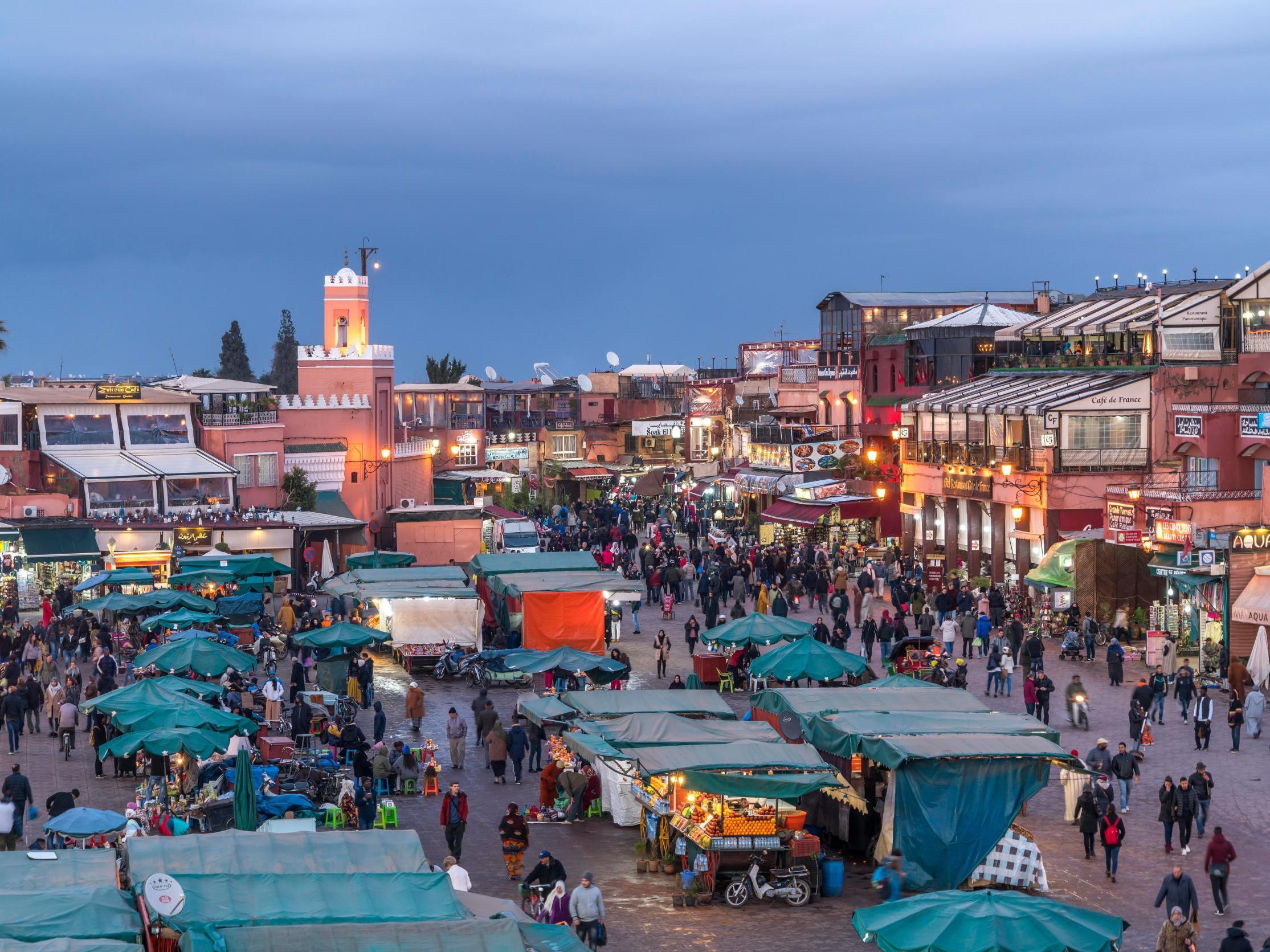Briton who died from rabies after being bitten by cat on holiday in Morocco named as Omar Zouhri
'He was trying to fight it and not let it beat him,' says nephew Nabil

Your support helps us to tell the story
From reproductive rights to climate change to Big Tech, The Independent is on the ground when the story is developing. Whether it's investigating the financials of Elon Musk's pro-Trump PAC or producing our latest documentary, 'The A Word', which shines a light on the American women fighting for reproductive rights, we know how important it is to parse out the facts from the messaging.
At such a critical moment in US history, we need reporters on the ground. Your donation allows us to keep sending journalists to speak to both sides of the story.
The Independent is trusted by Americans across the entire political spectrum. And unlike many other quality news outlets, we choose not to lock Americans out of our reporting and analysis with paywalls. We believe quality journalism should be available to everyone, paid for by those who can afford it.
Your support makes all the difference.The Briton who died after being bitten by a cat with rabies while in Morocco has been named as Omar Zouhri.
The 58-year-old from Aylesbury, died earlier this month following a holiday to North Africa.
It is understood that he was bitten a few weeks ago and was not given immediate, potentially life-saving, treatment.
Nabil Jellal, Mr Zouhri's nephew, said he deteriorated in hospital.
"He was sedated but he was still fighting. He was trying to fight it and not let it beat him," he told The Mirror newspaper.
The family were later told the "friendly, caring, loveable man" had two days to a week to live, leaving the family "devastated".
He said: "He was speaking a bit, some of his last words were to ask us to look after his family."
Public Health England (PHE) issued a warning to travellers after the UK resident contracted the disease after being bitten by a rabid cat.
Prompt care, including wound cleaning and a course of the rabies vaccine, is very effective and can save an infected person's life.
It is believed that he sought care both in Morocco and when at home after being bitten.
No more details have been released by officials about the case.
Professor Jimmy Whitworth, professor of international public health at the London School of Hygiene and Tropical Medicine, said: "My understanding is that this is somebody who had contact with a cat that was behaving abnormally and sought care, I believe in Morocco and in the UK, but unfortunately didn't receive vaccination until it was too late. I believe that the cat bit this person a few weeks ago."
He added: "The typical time interval (for symptoms to appear) is two to three months, so you do have enough time (to seek care). But it can be as short as a week and that's why seeking prompt care and getting vaccination is so important. In this tragic case the person didn't get the vaccine in time. It is hard to know from the information provided, the delay could have been Morocco, the delay could have been in the UK.
"So one of the messages is that health workers must be clued in to the possibility of rabies. There are high stakes, you must not get it wrong."
PHE said there is "no risk" to the wider public but as a precautionary measure, health workers and close contacts have been offered vaccination if necessary.
Rabies does not circulate in either wild or domestic animals in the UK, but between 2000 and 2017 five UK residents became infected with rabies after "animal exposures abroad", PHE added.
The last recorded rabies case in Britain was in 2012, when a UK resident was bitten by a dog in South Asia.
Join our commenting forum
Join thought-provoking conversations, follow other Independent readers and see their replies
Comments